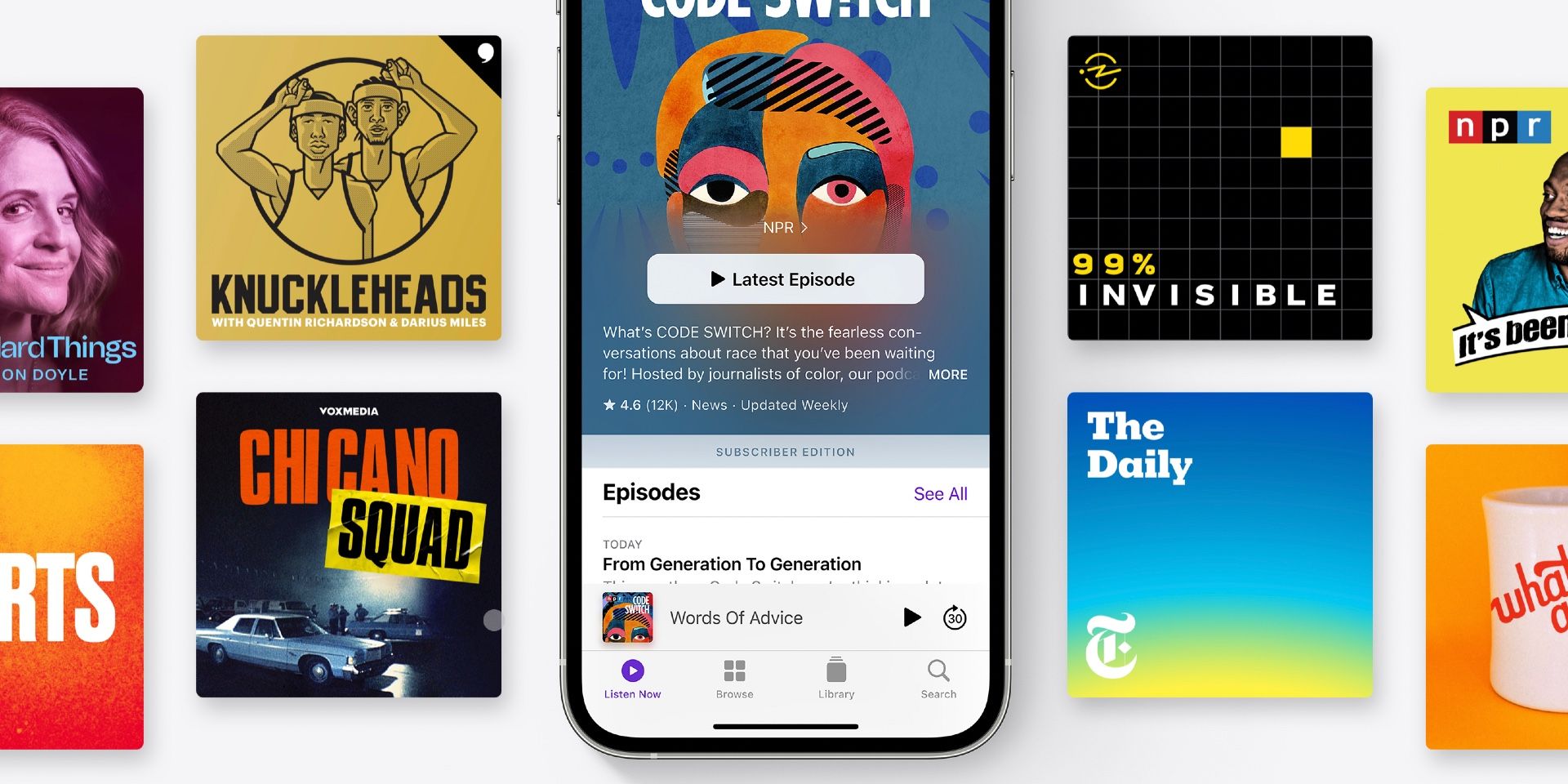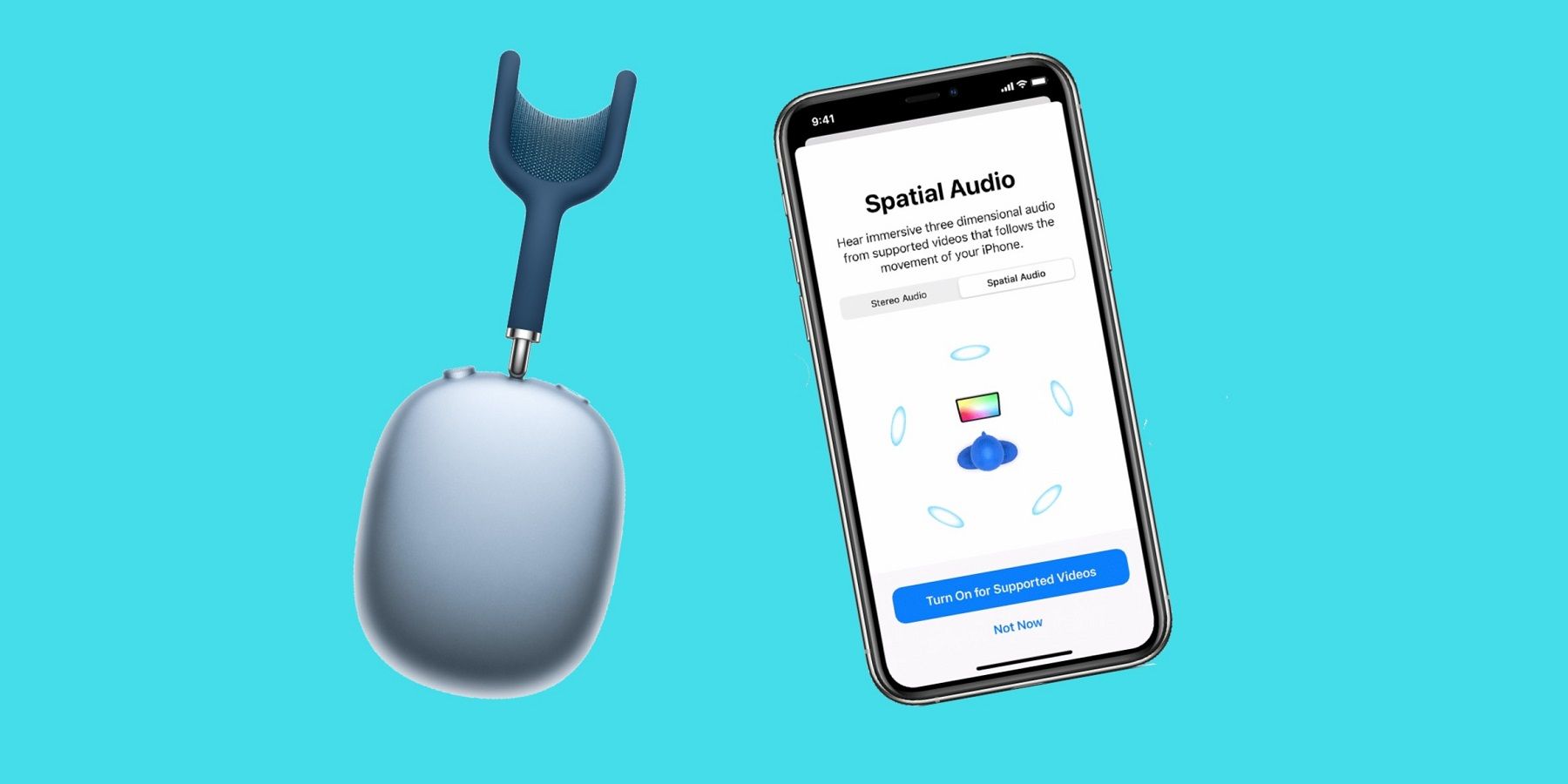The Apple Podcasts app is one of the top podcast delivery services available, but its standing in the company’s ecosystem is complicated by the app’s connection to subscription services. The convenience for iPhone users gives the app a leg up on others — it’s pre-installed on Apple devices — but it falls short in aspects like service exclusives. With the controversy surrounding Spotify and its exclusive partner Joe Rogan, more people might be curious about how the app works.
The Podcasts app fits into Apple’s portfolio of services, which continues to evolve. The shift toward a subscription-based model for services started in 2014, when the company purchased Beats, and by extension acquired its Beats Music streaming service. Shortly after, Beats Music was redesigned and became Apple Music, the first true streaming service from Apple. The introduction of Apple One in 2020 connected the company’s services for a discounted price. It includes Apple Music, Apple TV+, Apple Fitness+, Apple News+, Apple Arcade, and additional iCloud storage. However, the Podcasts remains completely free to access for users, and thus is not part of Apple One.
Apple Podcasts is built on the capabilities that were once included in iTunes, the app previously used to handle music, videos, and podcasts. Starting in 2019, the app was split into three separate apps in MacOS, but the Podcasts app is based on the iTunes service. For iOS users, the Podcasts app has been a standalone app since its inception. All podcasts that a user was following on iTunes automatically appear on the Apple Podcasts app. Users can easily find new podcasts and follow the millions of podcasts available free of charge. Some podcasts, however, are locked behind a paywall.
How To Use Apple Podcasts
The Apple Podcasts app is pre-installed on Apple devices, including iPhones, iPods, iPads, Macs, Apple TVs, and Apple Watches. However, there are ways to use the service and listen to millions of podcasts without an Apple device. Podcasts is still functional within the iTunes app, which can still be downloaded on Mac and Windows. This allows the service to be used with older Macs as well as seemingly incompatible PCs. Unlike Apple Music, there is no web client for Apple Podcasts, but the preview pages for podcasts offers the option to listen to shows online. Additionally, the service can be connected to Amazon's Alexa to be used with the company's smart assistant and smart home devices.
Where Apple Podcasts becomes complicated for users is in its interaction with other Apple services, which require an additional monthly fee. For example, Apple's Fitness+ service includes podcast-like recordings catered to specific workouts and requires a Fitness+ subscription to listen. Similarly, some podcasts require a premium subscription to the show to access some or all content. Creators can choose their own subscription fees as well, but the majority of podcasts are included free of charge. The bottom-line is that the current Podcasts app functions similarly to the App Store, where many free shows are available alongside some paid content. For Apple users looking to get into podcasts, or looking to ditch Spotify, Apple Podcasts is a mostly free option that fits well into the company's ecosystem.
Source: Apple


